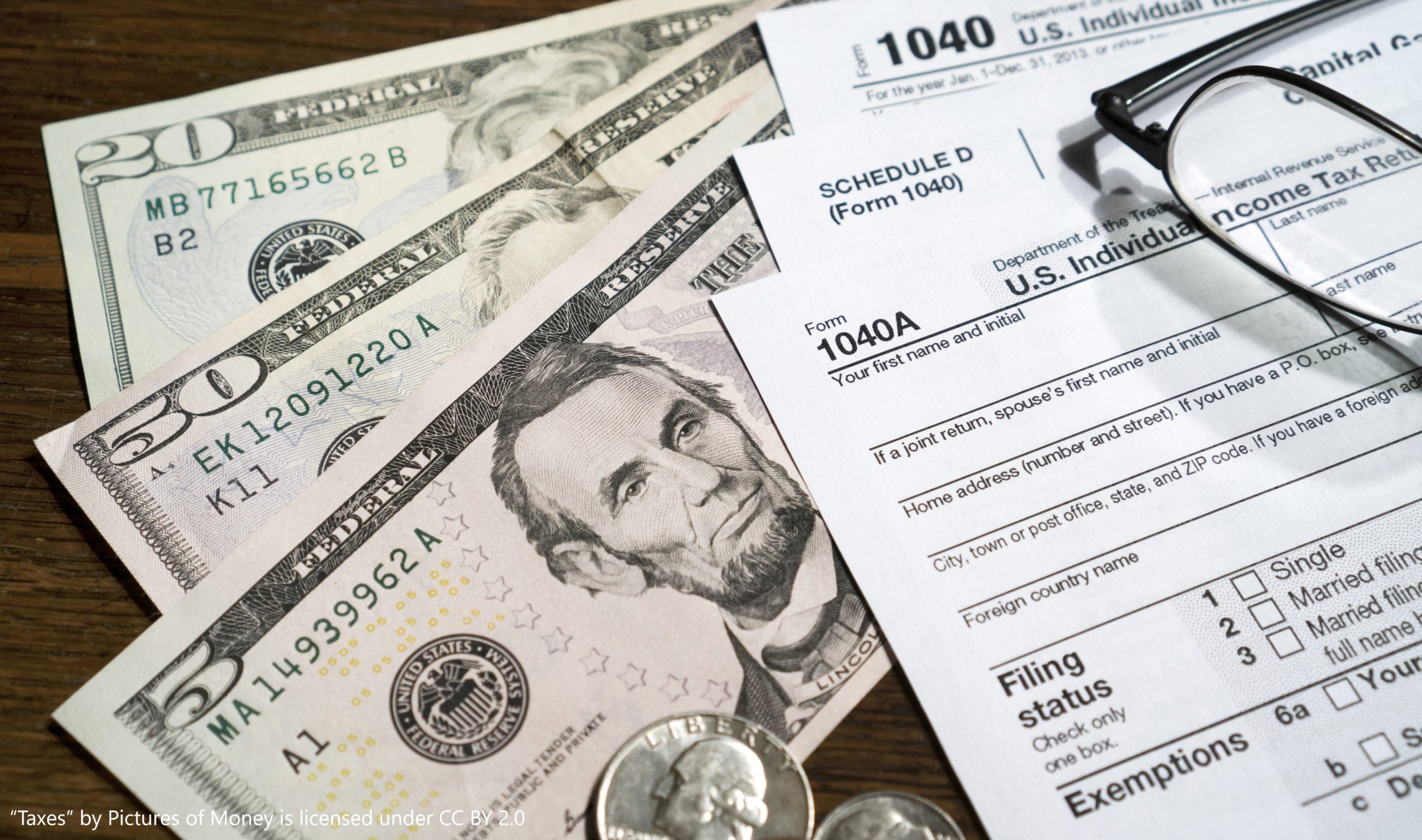For years analysts have warned that California’s overreliance on a roller-coaster stock market destabilizes California’s budget.
During bull markets, revenues surge and Sacramento politicians commit to an unaffordable level of spending that only becomes evident when revenues inevitably crash.
Rather than admitting that the spending was never affordable, the political leaders in Sacramento inevitably call for higher income tax rates. The current budget is simply the latest example of this economically destructive process.
Thanks to this all too predictable budget cycle, Gov. Gavin Newsom and legislative leaders needed to close a $12 billion budget deficit for the upcoming fiscal year. Newsom was quick to attribute that shortfall to President Donald Trump’s tariff policies and financial markets plummeting following the ‘Liberation Day’ tariffs. But this explanation ignores the rest of the story, especially considering markets have since rebounded.
As the Legislative Analyst’s Office (LAO) noted, California’s reliance on stock market performance is tied to its tech-centric economy. During the Covid-19 pandemic, companies and individuals utilized technology to help them work from home or attend school. Tech stocks unsurprisingly outperformed the market. When the economy reopened in 2022, demand went down to more normal levels and these trends reversed themselves causing these same stocks to underperform. Tech has been a reliable performer as of late with the growth in AI.
These stock market swings impacted the capital gains revenues that were collected by the state. As the governor himself has admitted, capital gains ‘can vary greatly over time and from year to year.’ In 2021, capital gains realizations as a share of personal income were at 11.6 percent, a record high, before plummeting to 5.2 percent in 2022.
The stock market volatility did not end with the recovery from COVID either. Last November, the LAO anticipated that a stock market rally would boost tax collections beyond what was budgeted but noted that a recovery based on stock market performance is especially precarious due to the inherent uncertainty of the market. The LAO is currently forecasting anywhere between a $10 and $20 billion budget deficit through FY2028-29.
This forecast is not surprising – it simply reflects the long-term trends that have been undermining California’s fiscal stability for decades. The lesson from this history is clear: the combination of California’s overly progressive income tax system and reliance on capital gains has created an extremely volatile fiscal situation.
Policymakers have a daunting task ahead. Closing the multi-year billion-dollar budget deficits will require fiscal discipline and strict expenditure control. Whatever actions they take, however, will be mere band aids on a much larger ailment. Without reforms that address the core problem of overreliance on capital gains, California will continue to ride its current unsustainable fiscal roller coaster.
Nikhil Agarwal is a research associate at the Pacific Research Institute.


